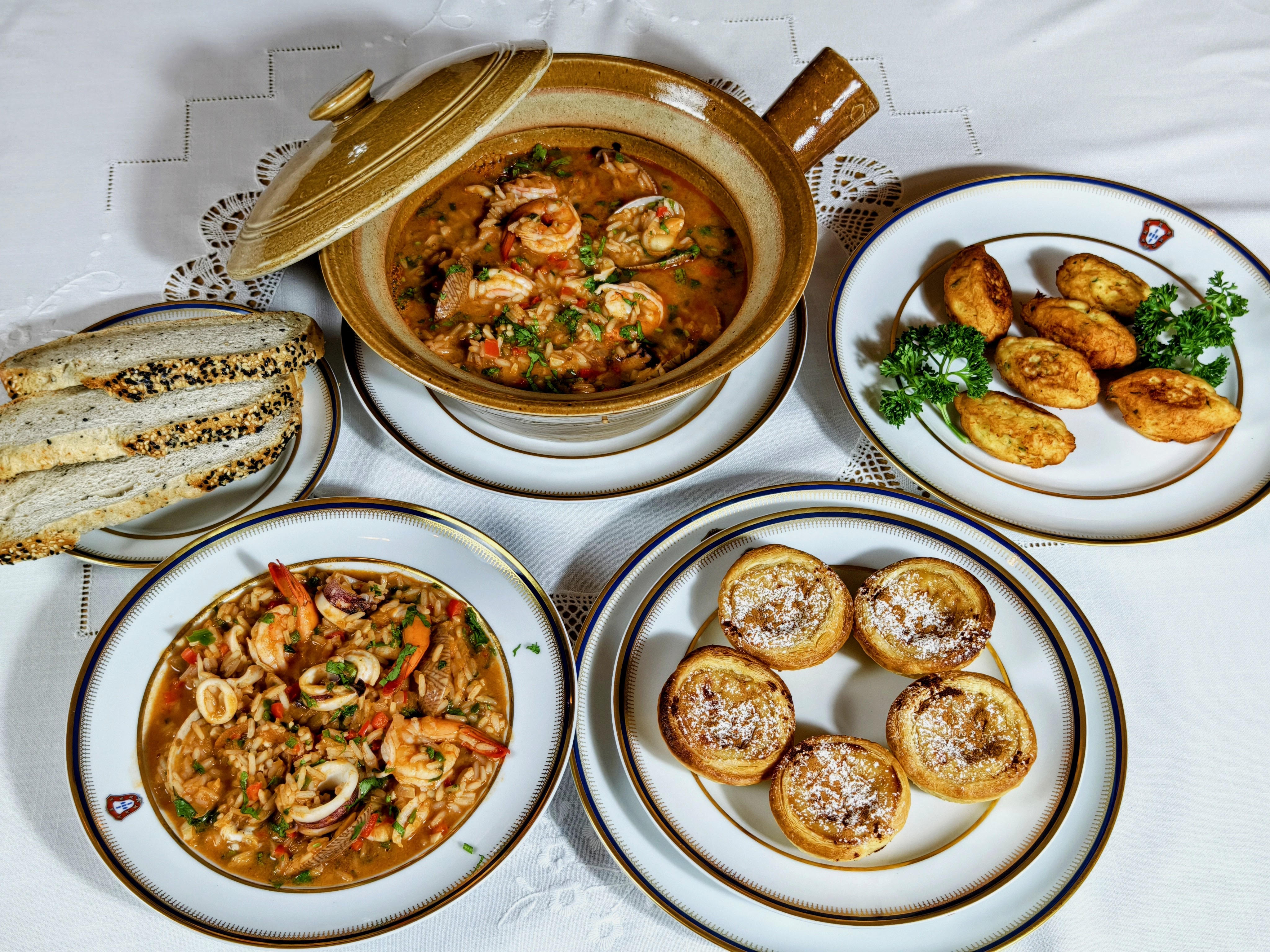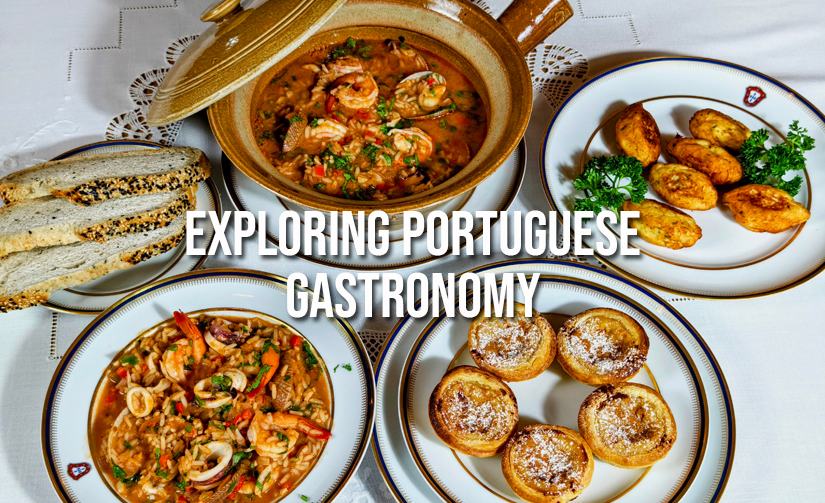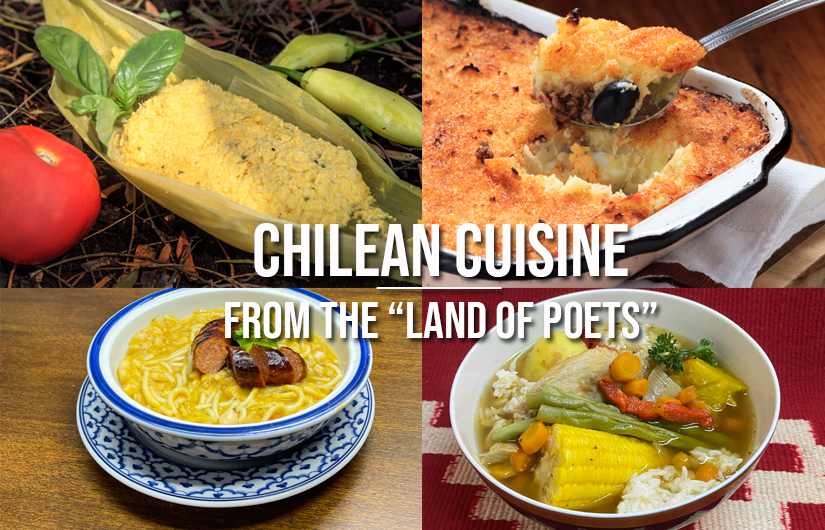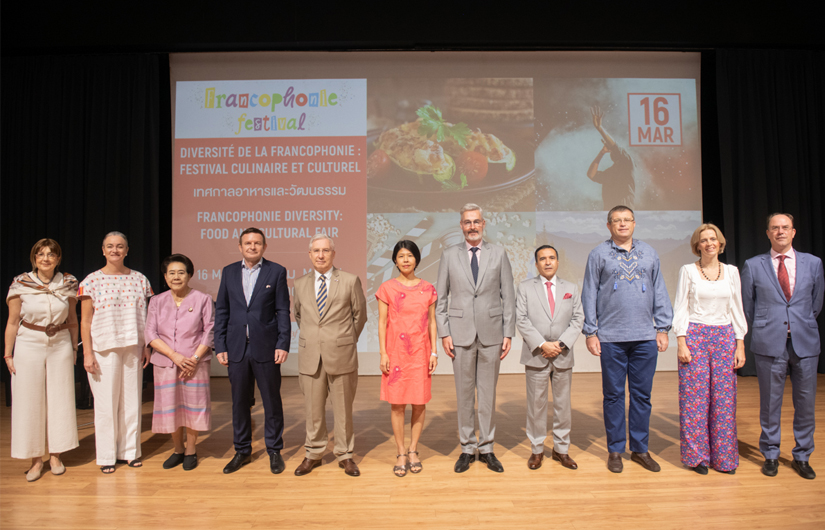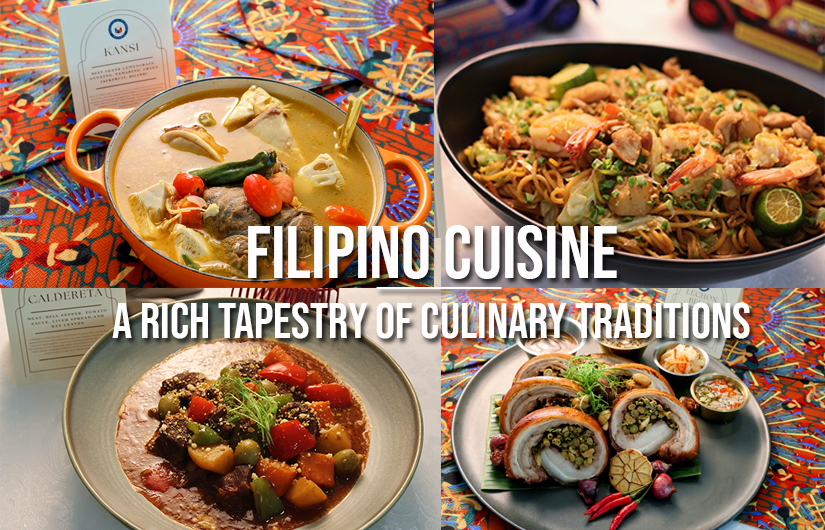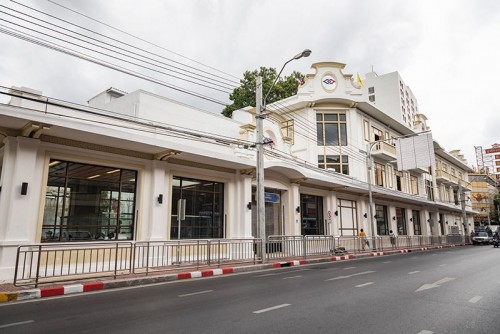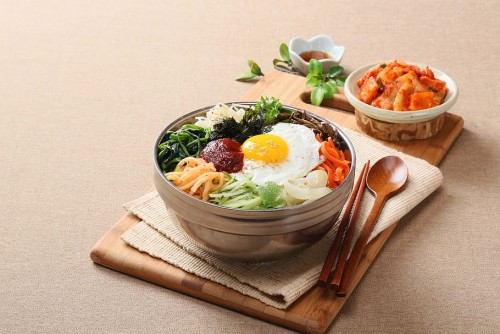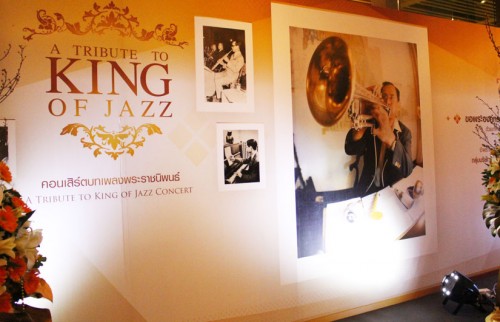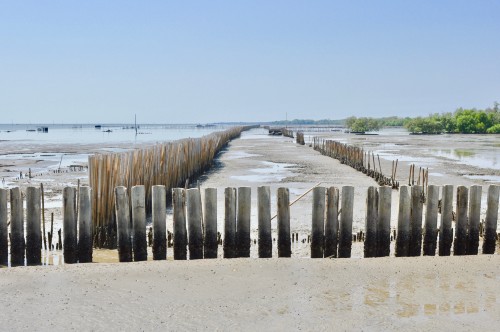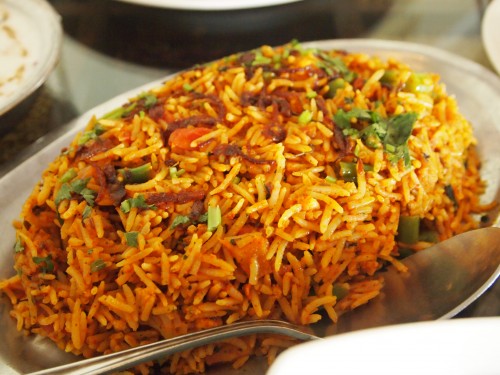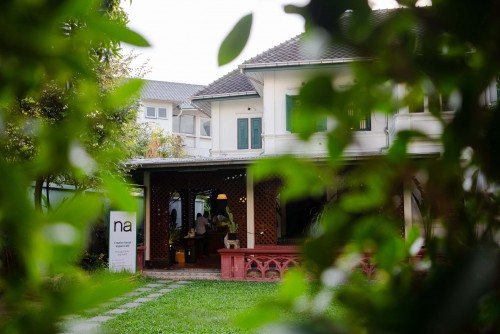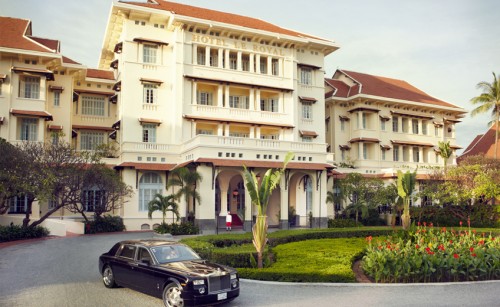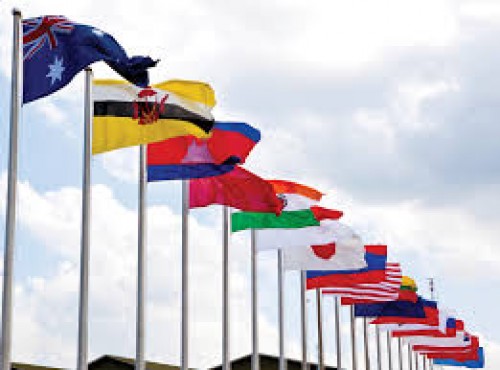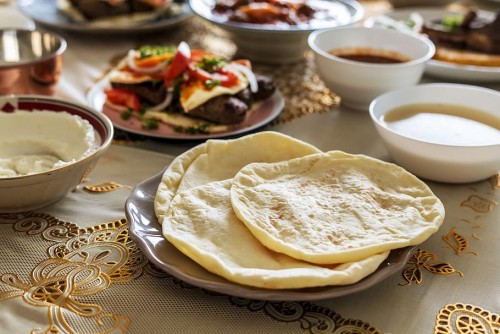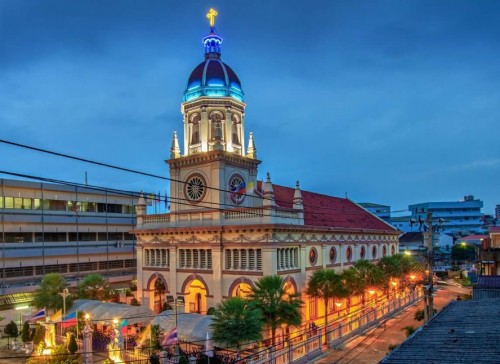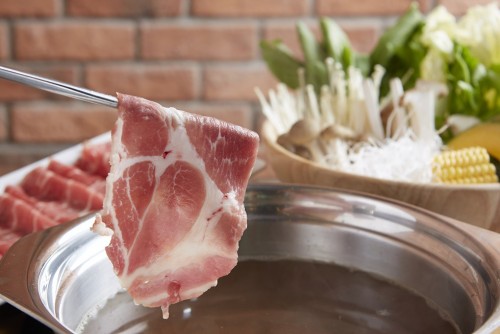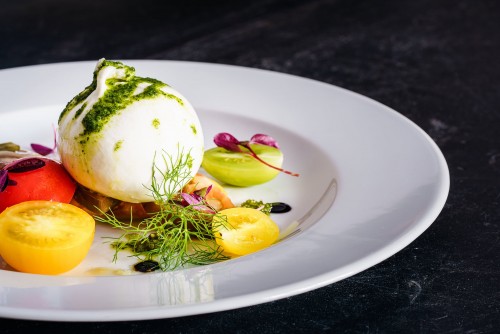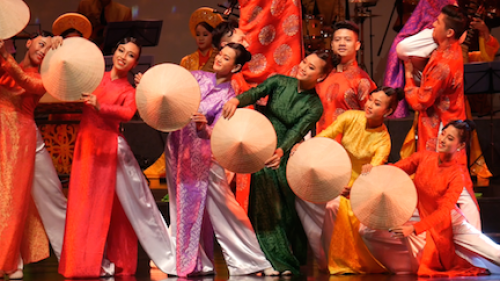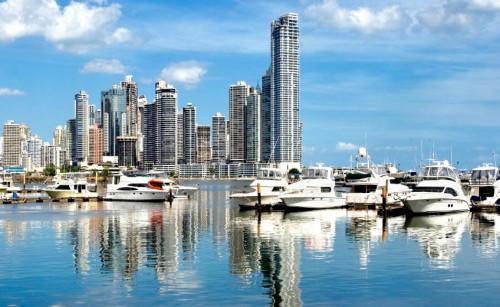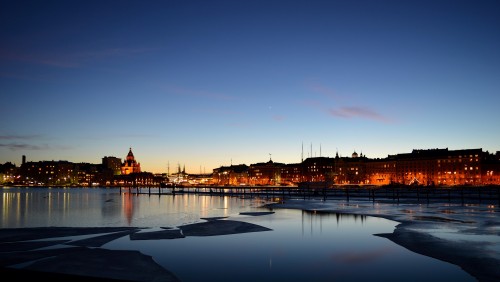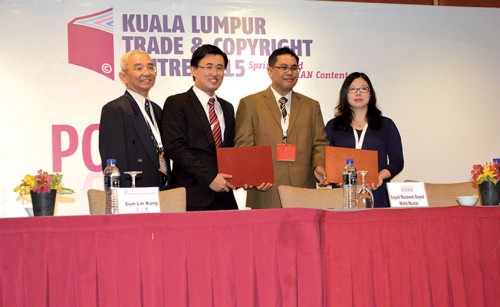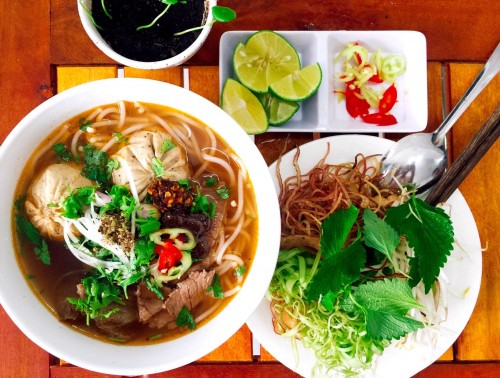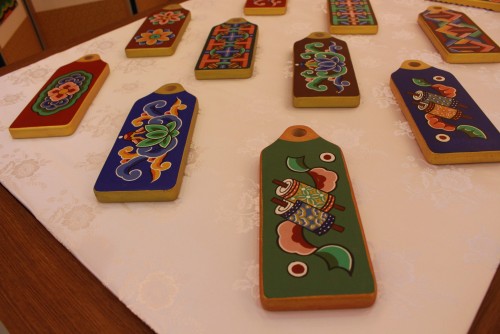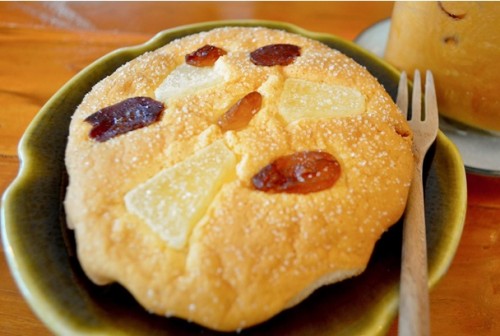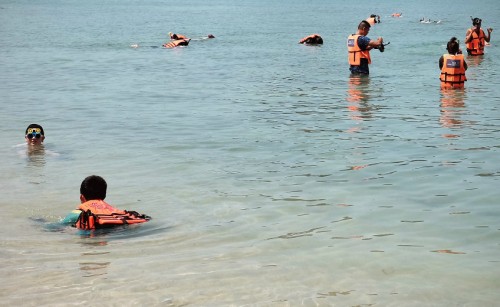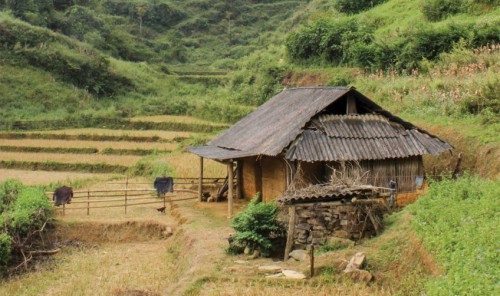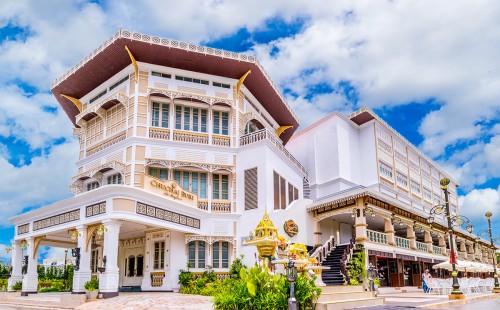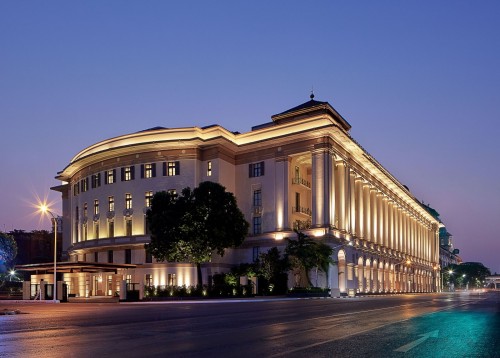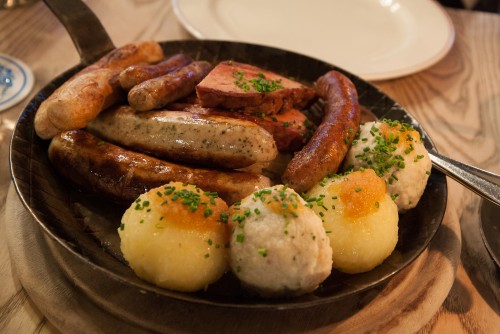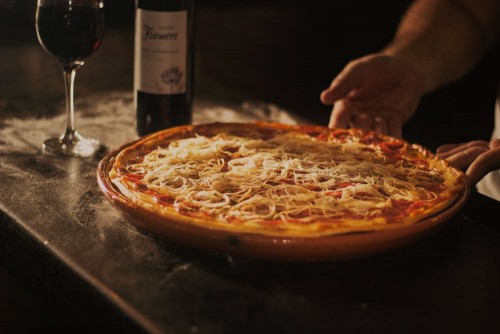Exploring Portuguese Gastronomy
By Kathleen Pokrud
Photo by Jenny Chan
Foreword
Talking about gastronomy is about covering culture, socializing, traditions, habits and life!
Portugal, the first European nation that traveled around the world, has been in contact with foreign habits for several centuries. This has allowed for an extremely rich exchange in gastronomic habits.
From the very simple and basic diet composed of bread, olive oil and wine, common to most Mediterranean peoples, Portuguese gastronomy evolved rather quickly to comprise a much more abundant reality, including amazing fish from the cold Atlantic Ocean and meat from animals living on its territory.
The preparation and seasoning of these evolved in parallel with the Portuguese discoveries that brought an abundance of new spices, herbs, fruits and vegetables to Europe.
In the Spring of 1566, when the Infanta Dona Maria, granddaughter of King Manuel I, married Prince Alexander Farnese and establishes herself in Parma, Italy, she brought with her the book “O livro de cozinha da Infanta D.Maria de Portugal”, translated as “The kitchen book of Princess Maria of Portugal”. The oldest Portuguese recipes book, it reveals a sophisticated cuisine that requires rare products and laborious elaboration. Each one of its pages reveals the importance of gastronomy to promote the prestige of the royal family.
Nowadays, countries use their culinary traditions as an important instrument of soft power, and Portugal is proud of having a rich and varied cuisine that is generally acknowledged as extremely tasty.
The famous platform, “Taste Atlas” for 2023/2024 placed Portugal fourth in a list of one hundred countries.
I would like to emphasise the social and emotional importance of good cuisine in my country. Meaningful moments in life are to be celebrated around a table with good food and wine. Christenings, weddings, and even funerals are occasions of a good meal.
It is now time to allow the recipes to speak by themselves. I hope you enjoy the selection we have prepared!
HE Ambassador João Bernardo Weinstein
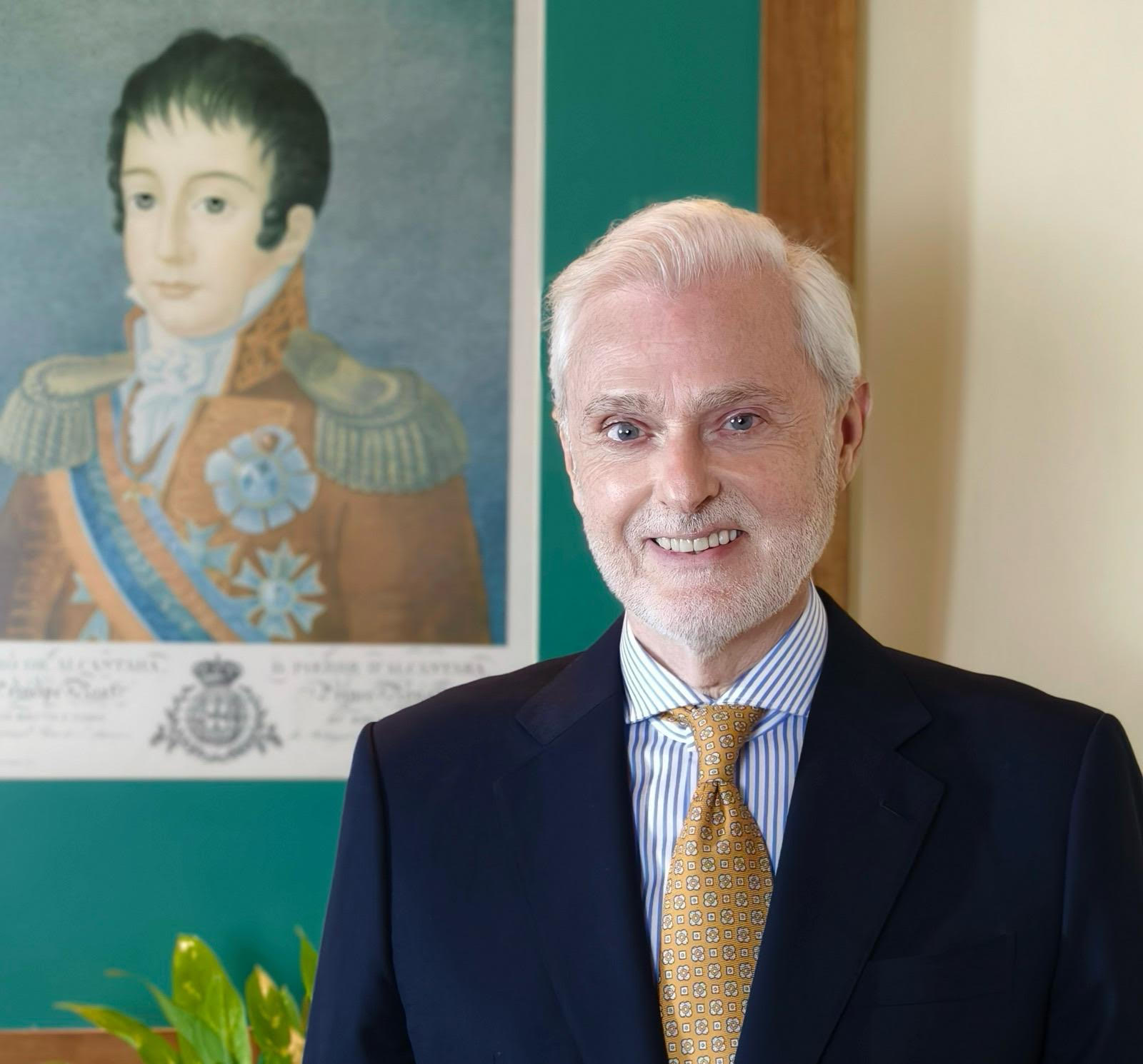
With Portugal’s long history since the Roman Empire and Portuguese maritime exploration, Portuguese cuisine comprises very diverse ingredients and cooking styles with hints of Mediterranean, Arabic, African and Indian gastronomies. To understand Portuguese cuisine, I sat down with Mr Afonso Duarte, Economic and Commercial Counsellor at The Embassy of Portugal in Bangkok to learn about their interesting culinary story.
Mr Duarte began, “Portugal is the oldest country in Europe to have a defined border, but still be influenced by different cultures throughout its history such as Celtic, Roman and Moorish. Its medieval diet was based on wheat and rye bread, vegetables, grains and fruits, honey, olive oil and wine, in addition to fish and game meat for the wealthiest. From the 15th century on, Portuguese cuisine became more diverse, thanks to new ingredients discovered during the great maritime navigations.
“Portugal's gastronomy is marked by the influence of different peoples and historical moments, such as the Age of Discovery when the Portuguese sought to find new trade routes and, consequently, countries to colonize. Potatoes, tomatoes and famous spices, such as cinnamon and curry powder, are some of the ingredients that were taken to Europe on these expeditions, and affected the course of the local cuisine.
“From Asia, the availability of sugar cane and spices such as black pepper, cinnamon, ginger, and cloves, offered new aromas and flavours. These features contributed to a revolution in Portuguese cuisine, especially in sweets, famous for using a lot of eggs. During the 16th century, friars and nuns used egg whites to make communion wafers and iron their habits. As the leftover yolks needed a destination, they ended up turning them into sweets.”
Portuguese cuisine has been voted as the 4th best in the world, according to TasteAtlas. Mr Duarte proudly commented, “Portugal stands out for being home to the 12th top voted dish in the world – Amêijoas à Bulhão Pato, a traditional dish of clams usually cooked with garlic, olive oil, coriander, lemon and white wine. Portuguese sausages have been voted the World’s Best Sausages, with Alheira de Vinhais ranked first and Alheira de Mirandela at fifth. In addition, Portuguese sheep’s milk cheese, Queijo Serra da Estrela, was also voted the Best Sheep’s Milk Cheese and Semi Soft Cheese as well as 5th Best Cheese in the World. For dessert, Portuguese Egg Tarts, or Pastel de Nata and Pastel De Belem, also topped the ranking of the World’s Best Dessert.”
On the subject of food culture in Portugal, Mr. Duarte explained, “Despite its modest size, Portugal offers an incredible diversity of ingredients and flavours to delight any palate. Bathed by the Atlantic Ocean, Portugal has, in the opinion of many international chefs, ‘the best fish in the world’, always very fresh, as is its seafood. It is said that there are as many as 1,001 cod recipes, a big star in Portuguese cuisine.
“Portugal has great regional variety. However, it is possible to identify some typical ingredients present in many Portuguese cuisine dishes. The recipes are prepared with a lot of olive oil, always of excellent quality with their Protected Designation of Origin (DOP). The most common seasonings used in Portuguese gastronomy are coriander and spices such as cinnamon and nutmeg. And to complete the divine sweets, lots of eggs.
“There are also regional dishes that use meat and offal as their main ingredients, especially pork, including ham and sausages, foods produced from stuffed animal intestines. The influences of Mediterranean cuisine and the Atlantic coast are due to the heavy consumption of fish, especially sardines and cod, shellfish and other seafood. In addition, we are known for our various types of bread, wines, olive oil, soups, stews and fresh fruits.
“Portugal is a relatively small country but offers a very diverse cuisine with unique differences by provinces; Francesinha, with its smoked meats and cheese sandwich from Porto, and don’t forget the egg sweets, cheeses, and wines from different regions.”
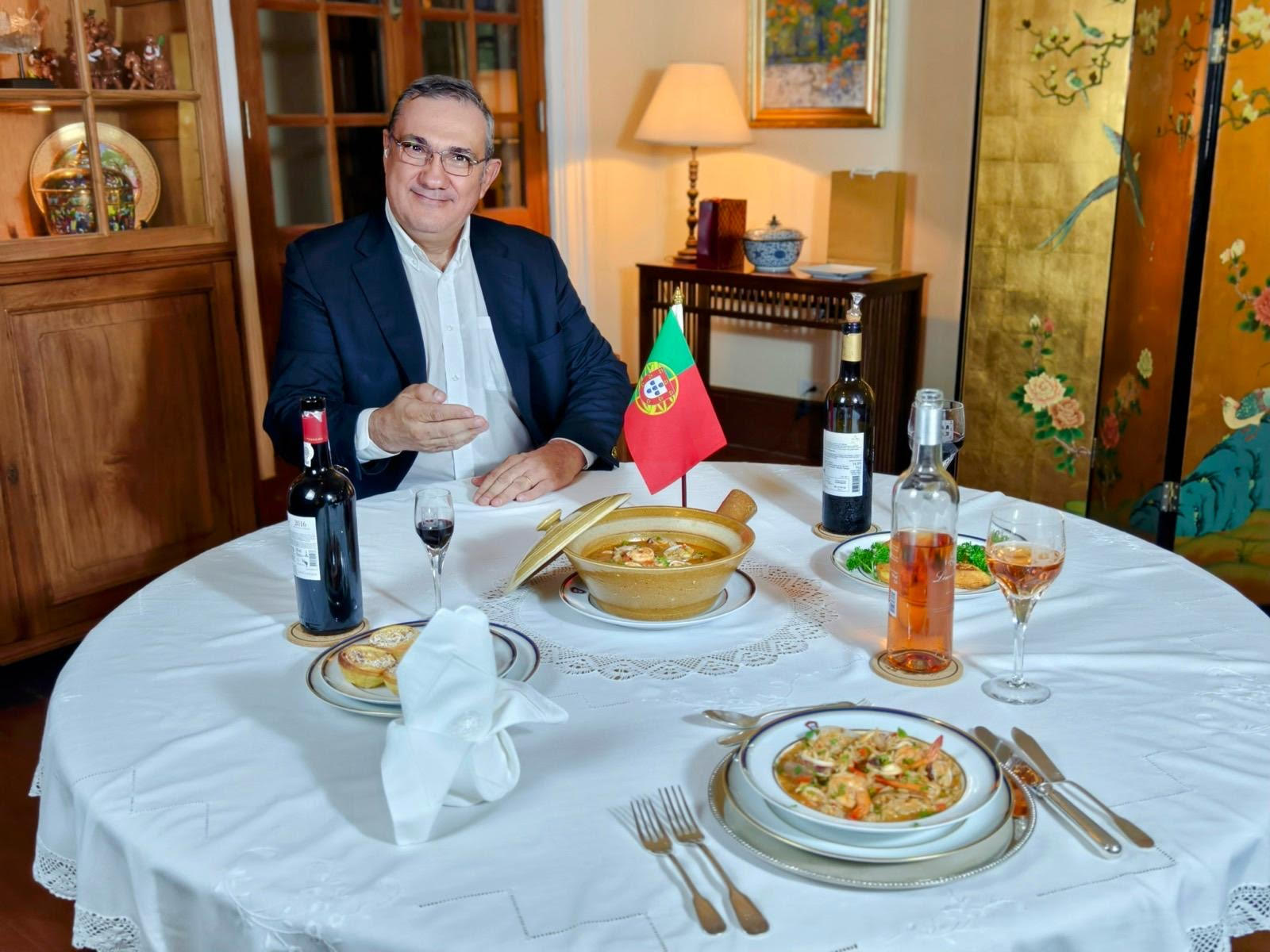
Mr Duarte then highlighted, “Portuguese cuisine has been famous for cod since the ‘Age of Discovery’ with the maritime fleets as a symbol of Portuguese cuisine. Other shellfish such as cockles and mussels and sardines are popular ingredients.”
As our interview drew to a close, Mr Duarte accentuated, “Portugal is experiencing a new wave of enthusiastic new chefs that have taken it up as their mission to not only reinvent traditional Portuguese recipes, but to also create new modern dishes that are in their essence truly local. These incredible contemporary Portuguese chefs do not shy away from international influences, yet still value most of what is local and generally in season.”
Key Representative Dishes

Bacalhau à Brás
In Portugal, there are thousands of methods to cook Bacalhau, or “Salted Cod fish”. “Bras style” is shredded cod, sauteed with onions and straw fried potatoes.
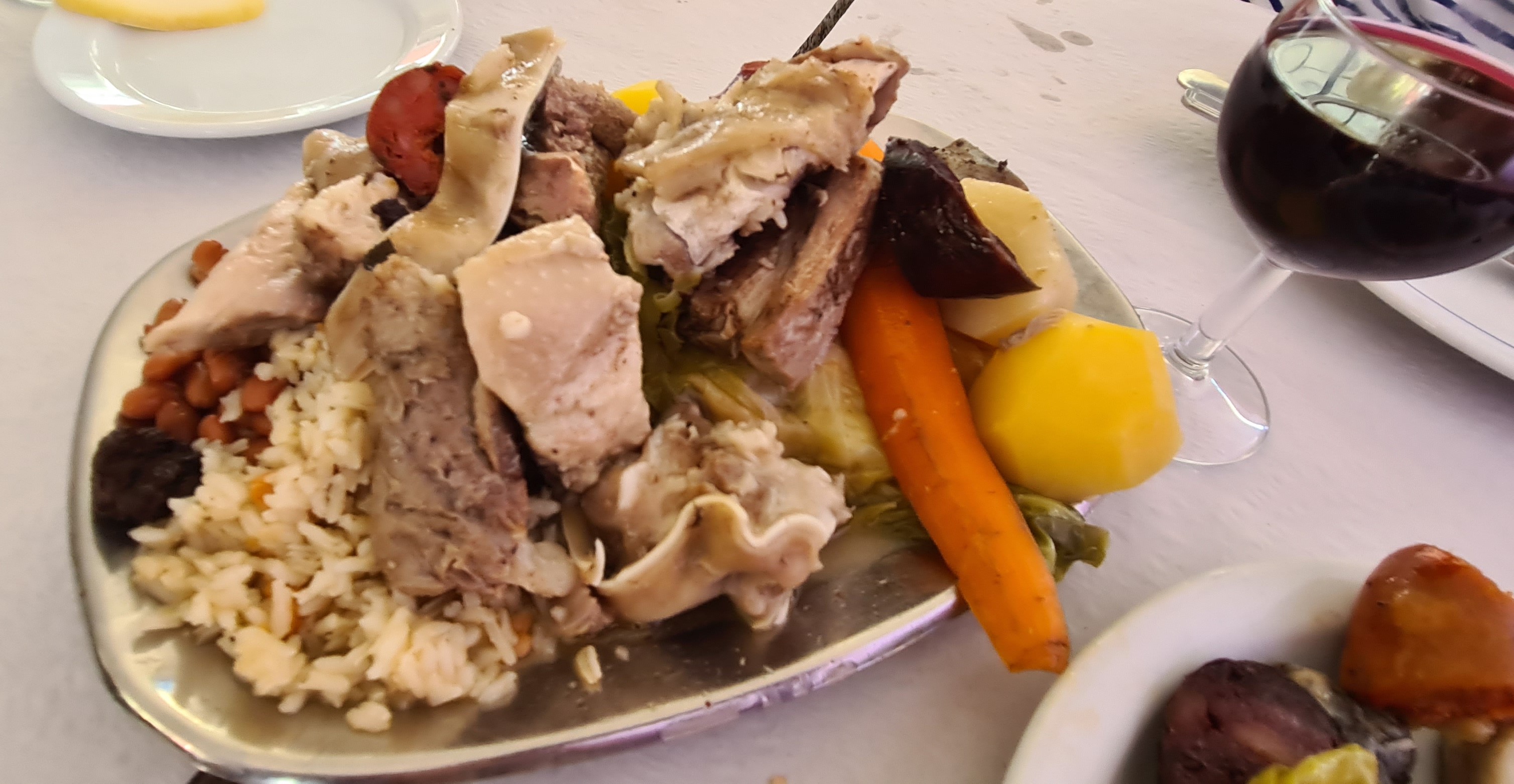
Cozido A Portuguesa
Portuguese stew is the perfect example of the importance of using all the meat an animal can provide. This meaty bomb includes beef, pork, chicken and a variety of pork derivatives such as blood sausages and smoked pork parts.
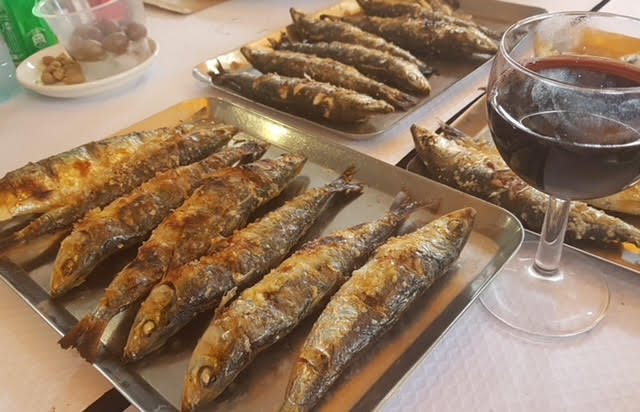
Grilled sardines
Roasted sardines are found in the traditional festivals of São João and Santo Antônio. Sardines are grilled and served with roasted green peppers and boiled potatoes.
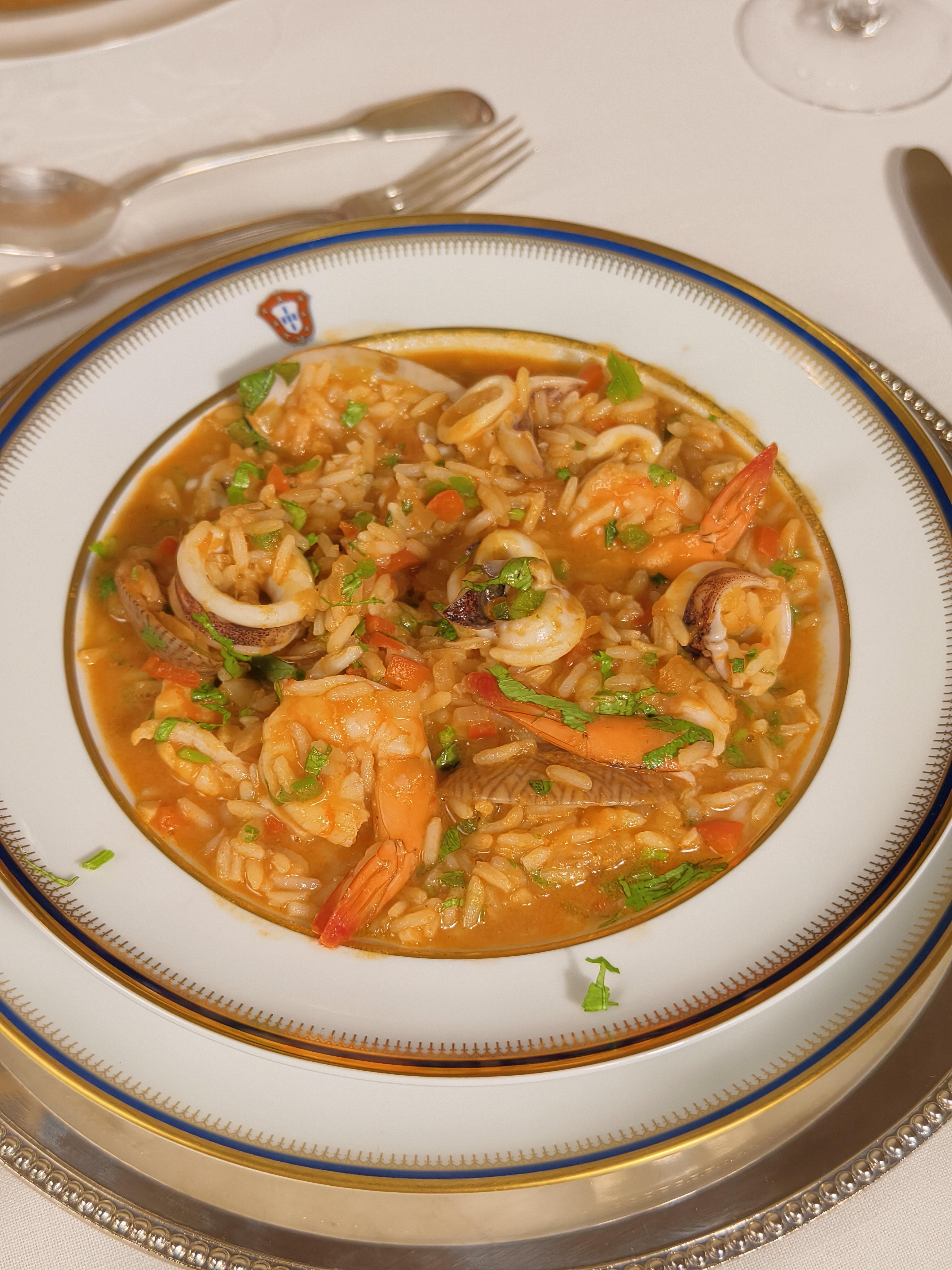
Seafood rice
A mix of the main seafood used in Portuguese cuisine, it is an excellent best option for those who want to try lobster, mussels, shrimp, cockles and clams.
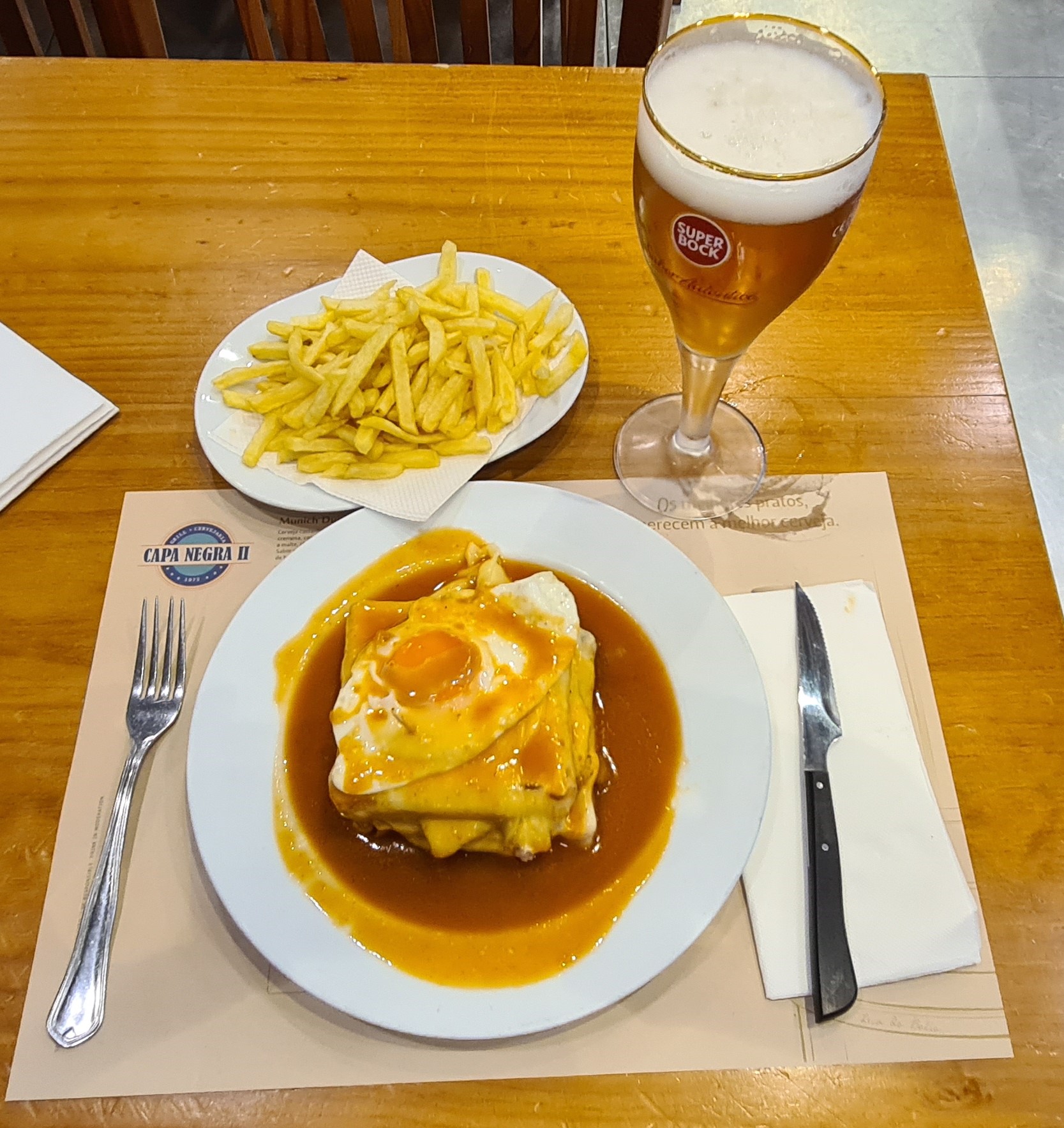
Francesinha
Could Francesinha be a burger from Portugal? The recipe includes bread, steak, sausage, bacon, cheese, ham, egg, sauce with Port wine, tomato and piri-piri pepper – yes, all of that! It is also often served with fries.
Alheira from Mirandela
Alheira is a sausage that can be prepared in several ways. Its main ingredients can be poultry meat, pork fat, wheat bread, olive oil, garlic and paprika, among other options.
Green soup – “Caldo Verde”
Soups are a tradition in Portugal. Portuguese caldo verde is generally prepared with kale as a starter. It is a medium-thick soup with a predominantly green colour as the cabbage is cut into very thin strips.
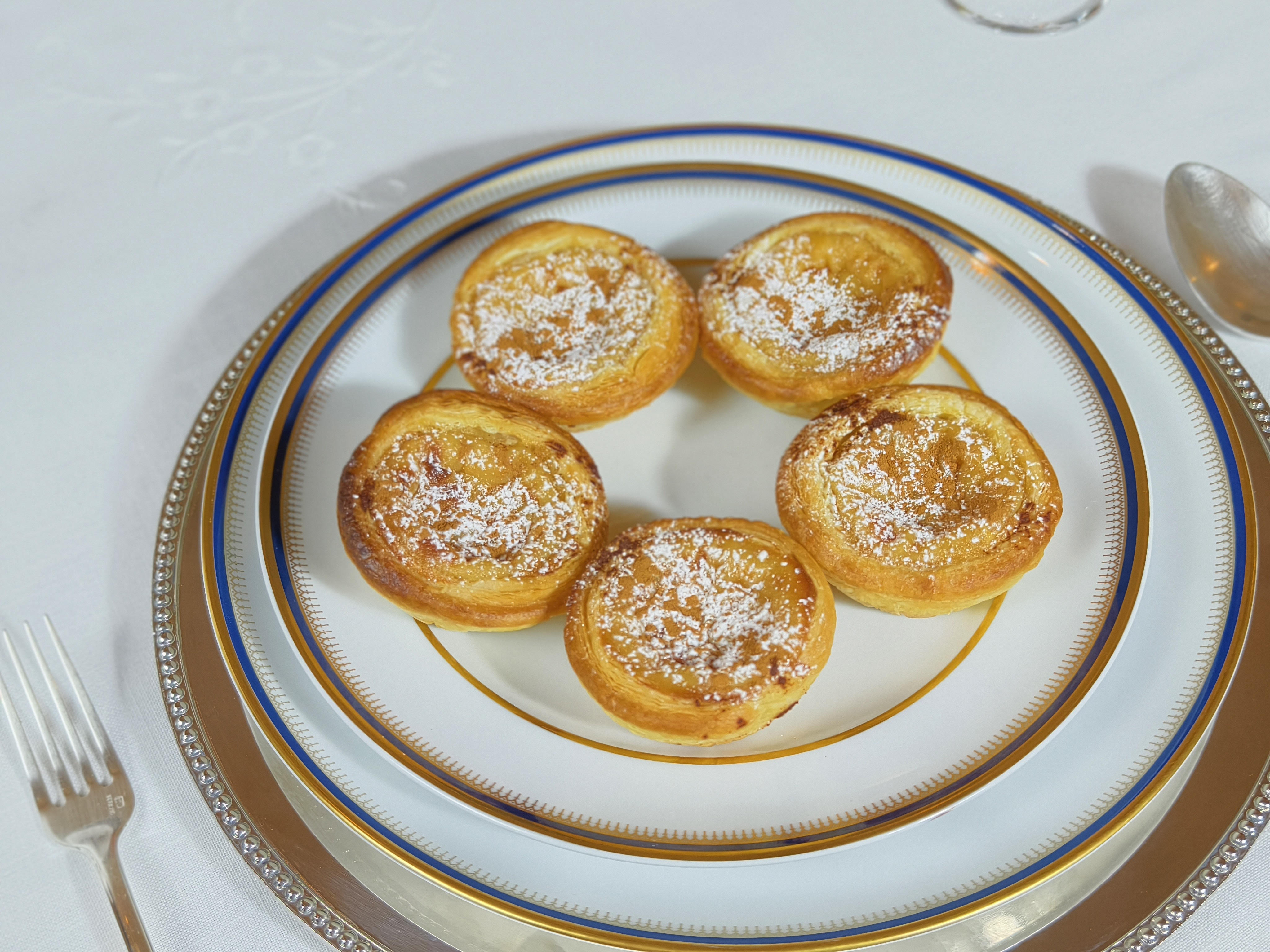
Pastel de Nata
A typical dessert dish from Belém, the pastel is a custard cream wrapped in puff pastry, sprinkled with cinnamon and sugar.
Queijadas de Coimbra
Queijada is a dessert made with fresh cheese, sugar and egg yolks. It is shaped like a cake, has a velvety texture and intense flavour. Its recipe has some variations such as almond, orange and egg cheesecakes, among others.
Serra da Estrela Cheese
Serra da Estrela Cheese is one of the most original and typical Portuguese foods as, in addition to all its gastronomic value, it also represents the regional culture of the Serra da Estrela. The hard shell on the outside protects the creamy content inside the delicacy. It is the oldest cheese in the country and uses sheep's milk, with an intense flavour and creamy texture.
Corn bread
Contrary to what many think, cornbread is not a Brazilian invention. It emerged in the north of Portugal, where corn cultivation was widespread. Traditional Portuguese broa is salty and large, with a crunchy shell and thick crumbs. Its ingredients are cornmeal and wheat or rye flour.
